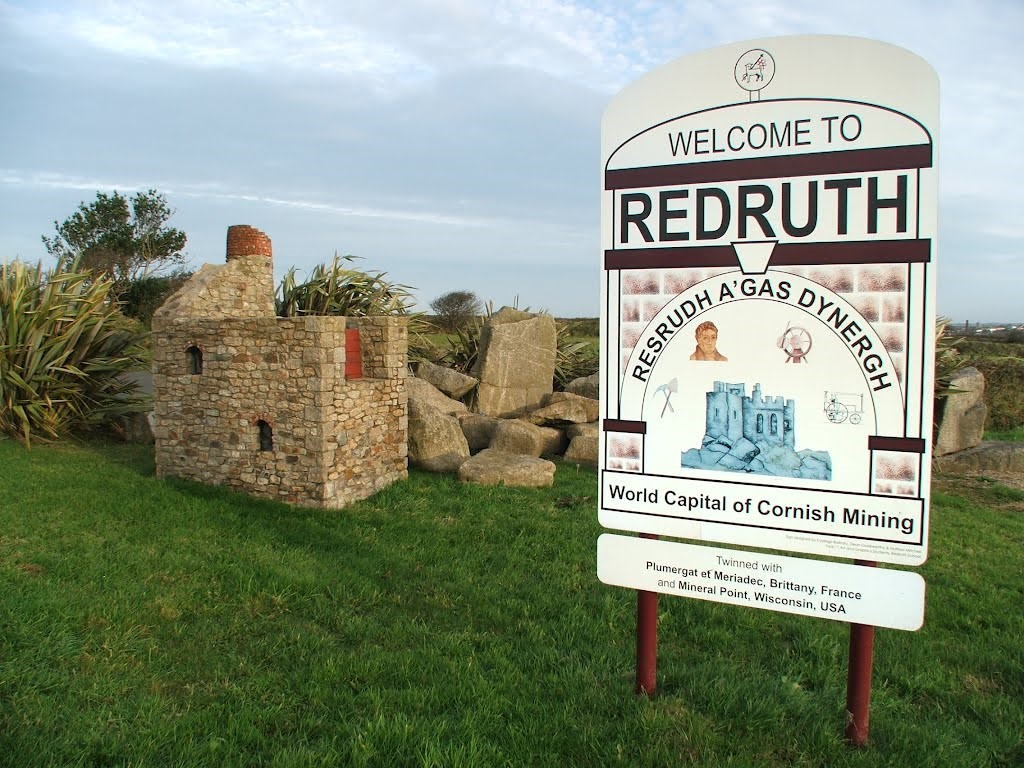“You can do a lot with lab work and modelling, but at a certain point you really need to study what is actually happening in the ground. We need to check the models and the theory with a geothermal well in operation. Therefore, we came up with the idea of a Living Lab, a geothermal well that is not just producing hot water to heat our building on campus, but that serves as a research infrastructure at the same time”.
This is the idea of Phil Vardon, Associate Professor at the Department of Geoscience & Engineering at TU Delft, in Netherlands. This idea is becoming reality, through the DAPwell project, the project of a geothermal well that will serve the heat for the campus buildings and will function as a living lab for scientific and educational purposes. DAPwell was first imagined by a group of TU Delft students in 2008. Now a project team is currently working on finalizing the business case and administrative issues.
If you want to know more, read the article.











